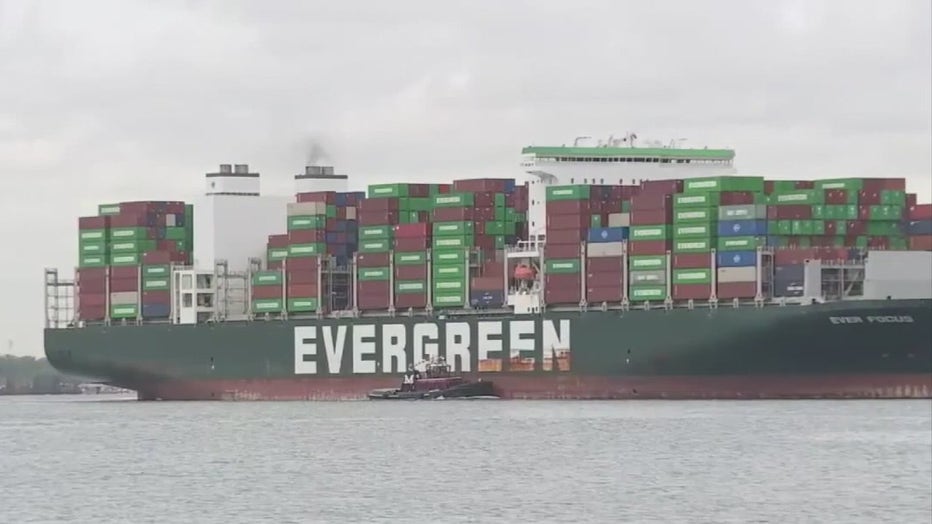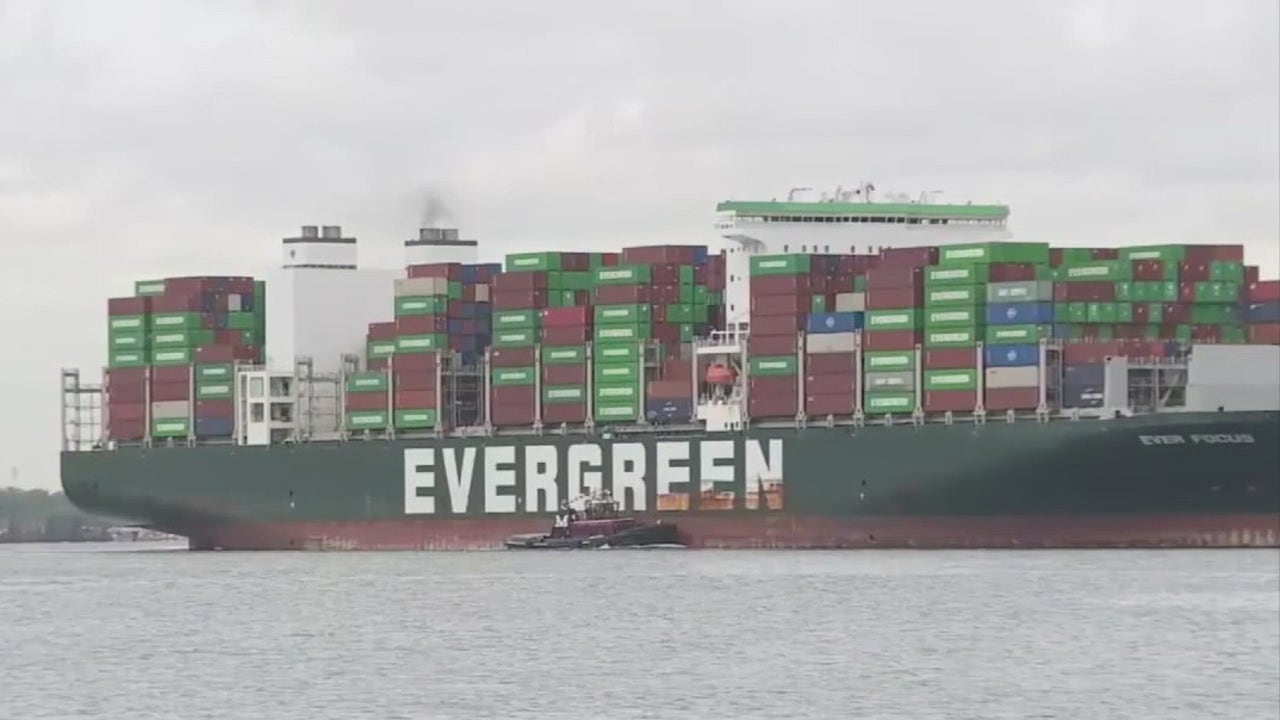U.S. and China trade deal discussions
The U.S. and China reached a preliminary agreement that would prevent a new round of steep tariffs and keep critical rare earth mineral supplies flowing to the U.S. from China. FOX 13’s Craig Patrick reports.
TAMPA – The U.S. and China reached a preliminary agreement that would prevent a new round of steep tariffs and keep critical rare earth mineral supplies flowing to the U.S. from China.
What we know:
The preliminary trade agreement aims to prevent a striking escalation in the trade war between the two countries.
Under the framework, the U.S. would not impose previously threatened 100% tariffs on Chinese products, while China would continue to supply rare earth minerals to the United States for at least a year.
Rare earth minerals are crucial components for a wide range of technologies, from smartphones and computers to wind turbines, electric vehicles, MRI machines, medical devices, and missile systems.
Florida News: Grady Judd: Suspect in stolen vehicle with meth pipe floors truck at Haines City officer who shot, killed him
China dominates global production of rare earth minerals, having driven mining and refining operations in other nations out of business by lowering prices.
U.S relies on Cina for rare earth minerals
The backstory:
The U.S. relies on China for rare earth minerals, which are not currently mined and produced in sufficient quantities domestically. This reliance extends to military and national security operations, making the supply of these materials a critical issue.
President Trump pursued alternative sources of rare earth minerals, including a new agreement with Malaysia and a prior agreement to secure minerals from Ukraine. These initiatives reflect a broader strategy to reduce dependence on China for essential industrial and defense materials.
How tariffs factor in
Dig deeper:
A tariff is essentially a tax on imported goods which American businesses pay when they bring products into the country.
Companies may absorb some of the cost themselves but often also pass additional costs to consumers in the form of higher prices.
The preliminary agreement would likely leave existing tariffs in place but would prevent the planned 100% tariffs, which could have effectively doubled the cost of imports from China.

“The president had given me maximum leverage when he threatened 100% tariffs if the Chinese imposed their rare earth global export controls. So, I think we have averted that, so that the tariffs will be averted,” said U.S. Treasury Secretary Scott Bessent.
What we don’t know:
This agreement is preliminary and still requires additional details and formal approval from both nations.
It remains unclear exactly how long the supply commitments will last, what enforcement mechanisms will be included, or how other trade issues between the U.S. and China will be addressed.
Big picture view:
The deal, if finalized, could ease tensions in the U.S.-China trade war while securing critical materials for the technology, energy, and defense sectors. Rare earth minerals remain a strategic resource, and continued supply from China is vital for both commercial and national security operations.
Experts warn that while this step is positive, the situation remains delicate. Any delays, missteps, or disagreements in the final negotiation could quickly reignite trade tensions.
What’s next:
President Trump and Xi Jinping are scheduled to meet in South Korea on Thursday.
The Source: Reporting by Craig Patrick, FOX 13 Chief Investigator. On-the-record statements from President Trump, trade analysts, and industry experts. Review of government announcements, trade reports, and prior U.S.-China tariff policies.

